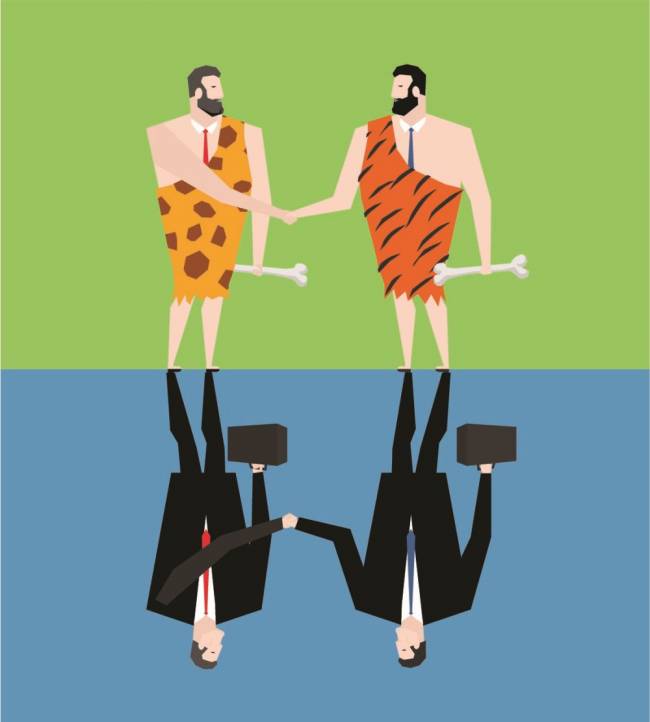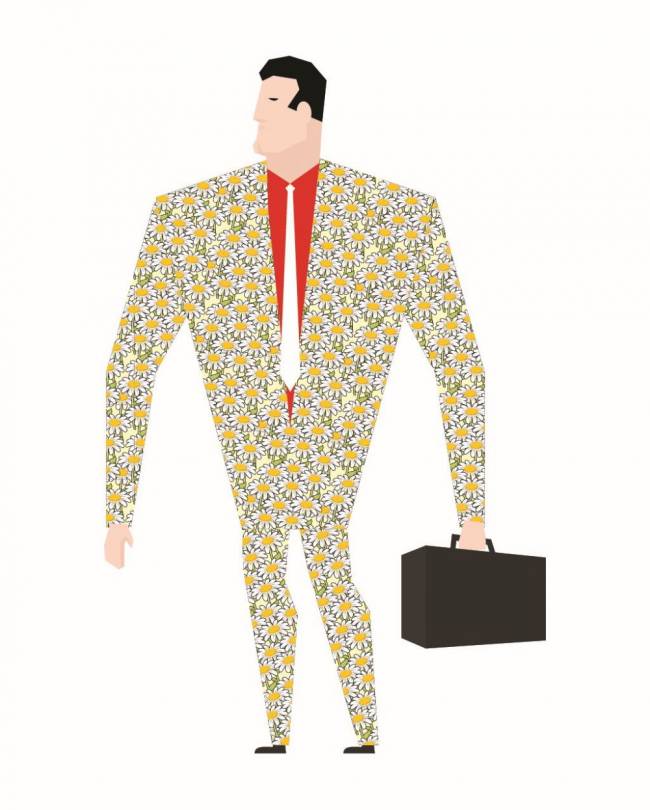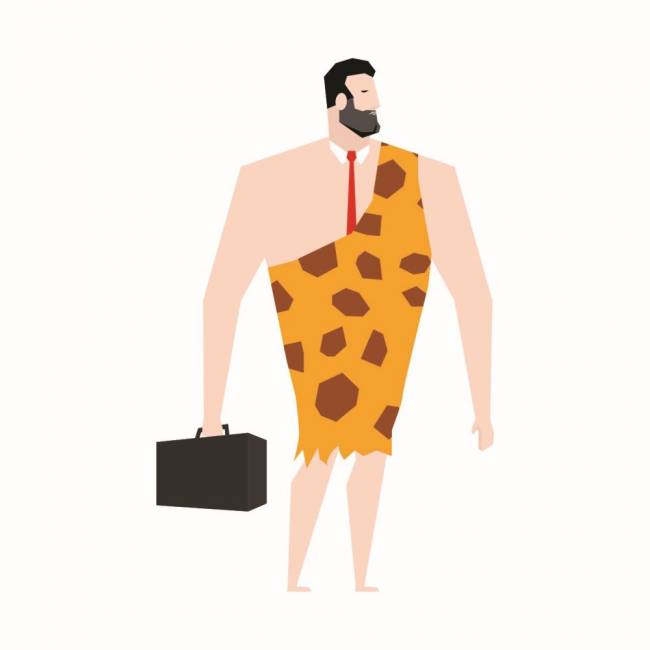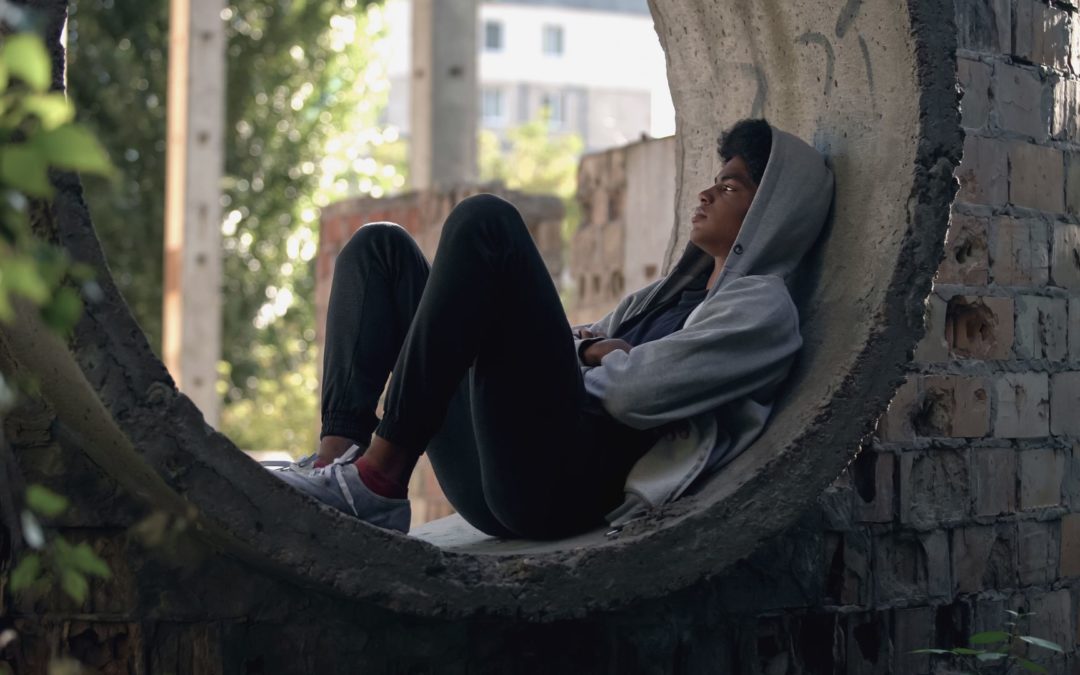Fatherhood changes with the times, and wasn’t always as we’ve believed it to be. Adrienne Burgess shows how fatherhood was shaped through culture and economics (mainly in Northern Europe) and how it continues to shape YOU as a father. And we ask: “how new is ‘new’ dad?
Hunter Gatherer Dad
-
We tend to believe that, in primitive communities, men and fathers hunted away long distance for most of the time, while mothers and grandmothers foraged locally and looked after the children
-
This was only true in a minority of tribes; but in many, fathers were very present most or even all of the time. In some, both sexes hunted and foraged together locally and in these there often developed a culture of pride among men that they were close to their children.
-
In primitive communities, it is dangerous for babies to crawl or toddle around (open fires, stone or earth floors, deadly insects and reptiles) so they must be carried a lot. We know that fathers did and do this in some communities, and it is likely that they did/do it many.
-
In some communities – mainly warlike ones – there is strong cultural pressure for men NOT to be involved with babies and young children; in others that is not at all the case. Nor, just because there is cultural pressure, do all fathers do what they’re told.
Pre-Industrial Dad

- As Christianity and, later, ‘rationalism’, took hold across Europe, fathers were instructed to be the detached leaders within families. However, again many fathers didn’t do as they were told, and what went on in families was often very different!
- In Northern Europe (it was different in the Mediterranean and in other parts of the world) fathers have long been key partners in the parenting team. This was because
- large extended families, all living in the one place, were not the norm until the late 19th Century
- grandparents often died before grandchildren were born.
- there was much migration round the country, so local neighbourhood networks were often disrupted
- women usually had ‘trades’ (weaving, brewing) and there is evidence that even quite educated fathers cared for children and did housework to leave the women free to work
- As an example of routine ‘fathercare’, look at this lullaby (written down in 1805)
Hush thee, my baby
Lie still with thy daddy, Thy mammy has gone to the mill To grind thee some wheat To make thee some meat (this meant bread) Oh my dear babby lie still
- Rural life was regulated by daylight. In winter fathers could only be away from the lighted house or cottage for a few hours. In summer the whole family often worked together in the fields. Winter and summer, very many fathers were highly available to their children.
- Even in wealthy families, children often slept with their parents: the ‘nursery in the attic’ didn’t appear in architecture until the later 19th century
- Custody of children after formal/informal divorce often went to fathers; and since 8% of mothers died in childbirth, many more men than women were lone parents I is estimated that between 1599-1811, 24.1% of children lived in lone father households, compared with 1.3% today!
Industrial Dad
- As the c developed in England, in some districts mothers and children worked in factories – and dads were stay-at-home carers.
- Later, the most important thing that happened to fathers was that they started working away, sometimes far away, from their homes.
- Into the 20th Century this trend continued with ‘commuting’ becoming part of most fathers’ lives
- Women began to take over ‘traditional’ fathers’ tasks – such as educating children. Not only were fathers spending less time with their children, but they gradually becoming ‘de-skilled’
- Imperialism and ongoing wars, including two world wars, meant that all men had to be an army-and-workforce in waiting’, ready to leave their families at a moment’s notice. Many children lost their fathers, or dads who returned kept silent about their experiences. Communication with children could suffer
21st Century Dad

- With women achieving so much at work, in the armed forces, in politics, gender roles are up for grabs and men are beginning to feel proud of their involvement at home and keen to do more of it.
- Men’s leisure time is also increasingly located at home, rather than outside of it – so home is no longer so much the women’s domain
- Increasing home working and flexible working mean some fathers are getting to spend more time with their children – even though working hours are long
- In some districts, as in the early Industrial Revolution, there are more jobs ‘for women’ than men; and in some families women are earning more than men, so the number of home-dads is increasing again
- Adult children are living further away from their parents, so dads are key to the child-rearing team
- ‘New dad’ in – in terms of more men spending more time caring for babies and young children – is more visible and more common: but in all eras there have a been these highly involved fathers that we call ‘new dads’!







